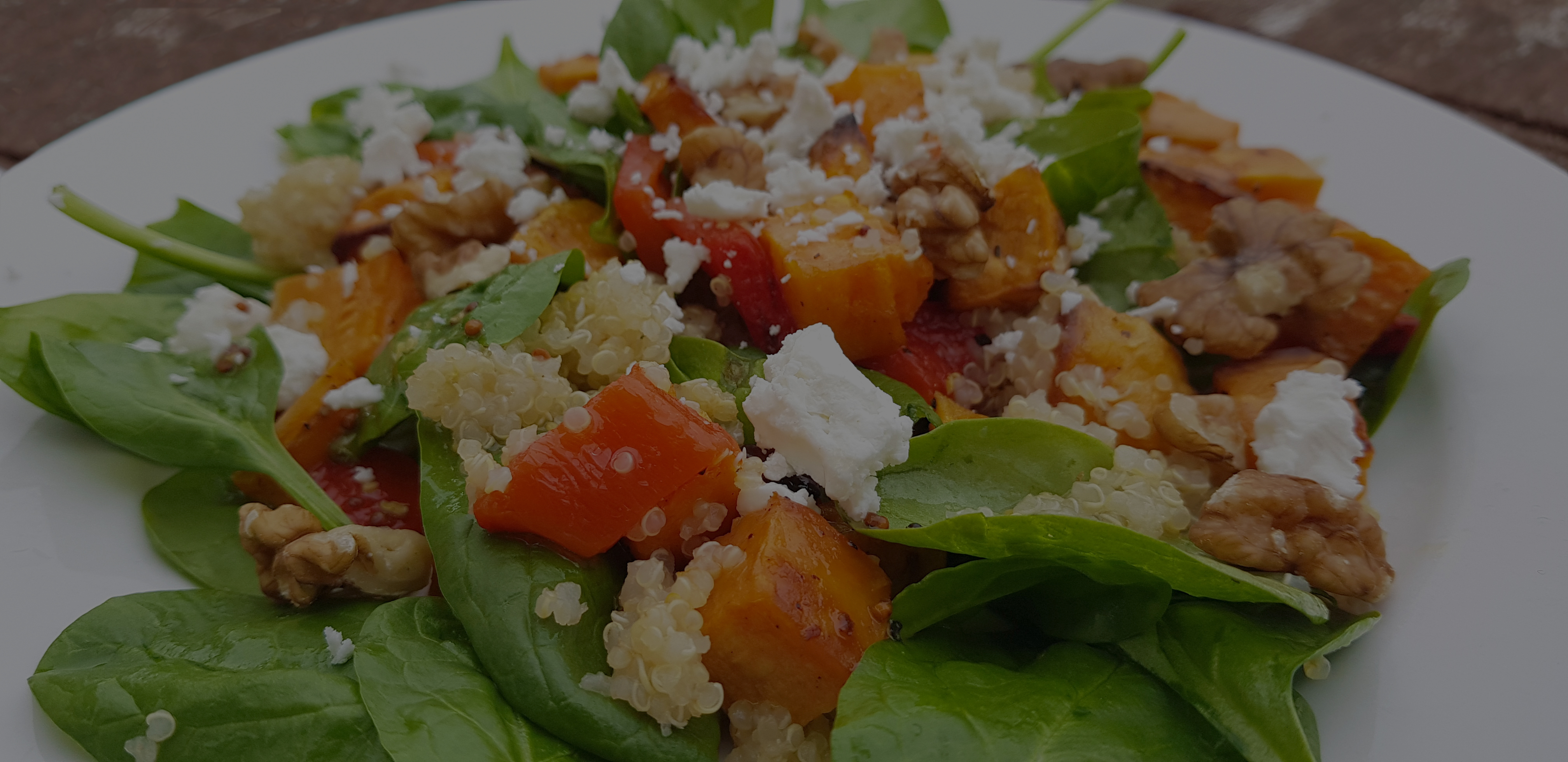For most people, overeating during the holidays leads to a couple hours of feeling uncomfortably full, and maybe an afternoon nap. But for people with IBS (irritable bowel syndrome) and other digestive issues, it can trigger a disruptive symptom flare-up.
There are a number of reasons that eating a big meal can trigger digestive symptoms. There’s the usual culprit that everyone experiences — too much food stretching your stomach — but there are other mechanisms at play as well.
Large meals can trigger your gastrocolic reflex
When you eat a big meal, your stomach sends an alert to your gut to start making room for incoming food. In response, the muscles in your colon contract in what’s called the gastrocolic reflex. This helps move along any waste in your colon and can lead to a bowel movement. It’s a completely normal process, but the reaction can be heightened in people with diarrhea-predominant IBS.
A large meal isn’t the only thing that can trigger an overactive gastrocolic reflex. Eating foods rich in unhealthy fats or quickly downing a large, cold drink can also send you running for the toilet.
Overdoing it on FODMAPs
Eating a lot of food at once means you’re also more likely to take in high levels of FODMAPs, which are highly fermentable sugars that commonly cause IBS symptoms. Many foods are well tolerated by people with IBS, but only within certain serving sizes. Eating larger amounts can bump you over the amount of FODMAPs you can handle, leading to symptoms.
If you eat too many FODMAPs, they can draw water into your small intestine, adding to that uncomfortably full, distended feeling. They can also pass into your large intestine without being fully absorbed. Once there, bacteria ferment the FODMAPs, releasing gases. Thanks to something called visceral hypersensitivity, many people with IBS are particularly sensitive to pressure in their colons. So when waste and a build-up of gases causes the pressure to build, the result can be abdominal pain and bloating.
Take it slow and save some leftovers!
It can be tempting to indulge during the holidays, especially when everyone around you is going for seconds. But taking it slow, not overeating and using the FoodMarble AIRE Food Search to figure out the FODMAP levels in your food will save you a lot of discomfort later on. If you don’t have symptoms after your moderate portion of holiday dinner, you can enjoy some leftovers the next day!





